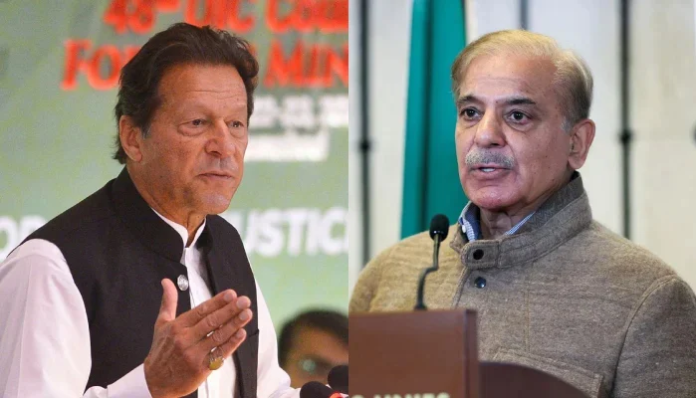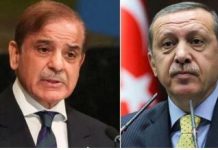ISLAMABAD, NOV 11 (DNA): Imran Khan government’s Task Force on Civil Service Reform, after two years consultations with more than 3,000 participants from all walks of life holding 68 sessions throughout the country, had developed a comprehensive set of recommendations for modernising the civil service structure, processes and incentives.
However, most of the reform proposals despite the cabinet’s approval remained unimplemented during the PTI government. A major reform to cleanse the bureaucracy of deadwood was though implemented, it was later reversed by the last PDM government.
Now the present government’s civil service reform committee is considering introducing reforms, similar to those of PTI government.
Dr Ishrat Husain-led Task Force on Civil Service Reform had proposed the overhaul of the present CSS competition scheme. The Task Force had recommended to introduce preliminary screening test, domain specific cluster-based exam, psychometric evaluation, structured interviews and system automation.
It was not implemented by the PTI government. The Task Force had also proposed new training scheme for the civil servants. It was recommended that middle career management and senior management courses to be split in general management and specialised training courses. It was implemented.
However, the proposal regarding reorganisation of specialised training institutes and mandatory training for ex-cadre and non-cadre civil servants was not implemented.
In regard to performance management, it was proposed to replace the subjective ACR system by an objective PER with goals specified and key performance indicators agreed with the reportee. Performance agreements between the PM and ministers were signed but the application of the new system to the civil servants remained unimplemented although the new proformas were designed.
The old system of seniority-cum fitness was replaced by a quantitative evaluation of each candidate’s performance, training outcomes, assessment of potential and integrity by a selection board.
Mandatory retirement of non-performers after 20 years service was introduced and also upheld by the High Court but it was reversed by the PDM government.
In regard to compensation and benefits, the task force had proposed monetisation of all perks, allowances, housing and transport for grade 17 to 22 officers. It was also recommended that annual increments should be based on ratings in performance evaluation in place of across-the-board equal increment. This proposal was also not implemented by the PTI government.
It was also recommended by the task force that technical experts and technical advisers with subject matter expertise to be appointed in 16 federal ministries through an open, competitive process. It was partially implemented. Only recently, the secretary IT was recruited from the private sector.
During the PTI government and on the recommendations of task force, selection of CEOs/MDs of 62 public sector bodies and corporations through an open, merit based competitive process was completed and 16 expatriate Pakistanis were appointed to head various organisations with positive results.
Regarding pension reform, it was proposed to switch from defined benefits to defined contribution for new entrants. This has been implemented by the present government.
It was also proposed that to provide equality of opportunity and remove reservations for some cadres, all public servants after attaining Grade 19 can be promoted to higher grades in the Federal Secretariat only after they appear before the Public Service examination and are selected through an open, competitive process.
Each selected candidate would be allocated to either one of the four cluster based streams of ministries – Economic, Social Sector, Technical, and General Management. This proposal was not approved by the PTI government.

















